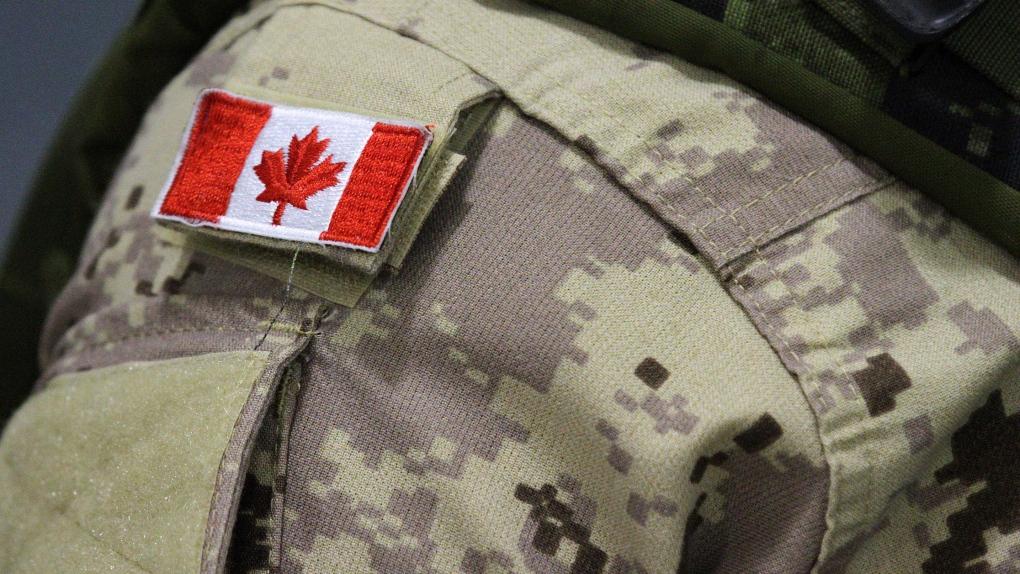A veteran who was allegedly offered medically assisted death over the phone by a Veterans Affairs Canada (VAC) worker has released details of the controversial conversation, according to a witness testifying before a House committee looking into the matter.
Mark Meincke, a retired corporal, told the Standing Committee on Veterans Affairs on Oct. 24 that the anonymous veteran who was allegedly offered unsolicited medical assistance in dying, or MAiD, by VAC reached out to Meincke with details of the controversial phone conversation. Meincke is currently the host of “Operation Tango Romeo: Trauma Recovery Podcast for Military, Veterans, First Responders, and Their Families.”





